Emerging from the Covid-19 Crisis into the New Real: Scenarios and challenge themes for the festivals sector
Image. An event at Edinburgh Castle during the 2019 Edinburgh International Festival. Image retrieved from The New York Times, https://www.nytimes.com/2020/04/01/theater/coronavirus-edinburgh-festival-fringe-canceled.html
In 2020, Edinburgh's Festivals were cancelled for the first time in their 73 year history. The Resilience in the New Real project has brought together festivals, researchers, artists, policy advocates, and media and technology companies, on a journey to understand the challenges created by the pandemic and how we can bounce back. Along the way, the focus shifted from the immediate crisis, to the future opportunity for, in the words of a participant, a 'refreshing reset' for the sector.
The New Real has published an interim report setting out challenges, opportunities and promising directions for further research and development as we emerge from the Covid-19 crisis – Project Report, 2022.
This is a part of our wider work exploring how increasingly human-facing AI capabilities can underpin new forms of creative practice and fuel transformative experiences for audiences, across creative industries from TV and broadcast to games and advertising.
The pandemic created for many a need to rapidly develop their digital resources and programmes, including digital-only and hybrid formats, which may be networked, immersive, algorithmic and data-driven. This transition goes beyond the simple adoption of new formats or technologies, and includes far-reaching changes at cultural, organisational, economic, and infrastructural levels. We call this ‘the New Real.’
Following the pandemic, we face a cultural landscape that has changed. Looking across festival operations, technology, programming and audiences we found organisations faced particular challenges in business and operational models, access to digital markets, quality and liveness in hybrid formats, access and inclusivity, digital and data literacies, and audience insight.
Some producers and audiences passionately want to return to life as it was. Others have found new vital and successful ways of doing things they want to take further. All of us have seen the risks of business as usual, and gained a taste of something new and different. The genie will not go back into the bottle: audiences have new expectations, producers have new skills, artists have new creative ambitions. The question is how we can all flourish moving forwards.
We gathered insights both from the festivals community and practitioners in digital arts and platforms to develop a series of near future scenarios for the sector. There have been various efforts to develop future scenarios after COVID-19 (See for example this guest article). Here we focus on the short term picture, covering the festivals' upcoming programming cycle, over a +/-18 month period to 2023. They expose navigational dilemmas and the tension between the desire to go back or go further.
Near future scenario 1: The festival as futures laboratory
In 2023, an Edinburgh Festival creates a space to think ahead and help a more resilient world emerge. This fulfils its mission, inspires imaginative programming, and unlocks new revenue streams.
Near future scenario 2: Cultural platforms have evolved
While cultural platforms with only incremental improvements pile up in the rear view mirror, one festival spent the last year learning how to work with technology and data as a creative and interactive medium.
Near future scenario 3: The new LIVE
Liveness has been reimagined for a hybrid era, digital experiences are infused with serendipity and spontaneity for audiences who interact across multiple devices and at many points in space and time.
Near future scenario 4: Festivals are climate and data/AI conscious
In 2023, festivals are adept in moderating controversial topics, addressing climate and inclusion, and using data metrics to understand how events function.
We reflected on these scenarios and proposed areas for research and development in festivals and creative industries, alongside some next steps to develop these themes further, in the table below:
Figure 1. Priority areas for development and recommendations for festivals and the creative sector.
In The New Real, these preliminary insights are guiding the development of pilot technologies and experiences we will present with festival partners to test strategies, concepts and technologies in a live setting. Based on these, we develop recommendations on the processes by which cultural organisations can commission and present these experiences, and how technologies and practices in cultural organisations can be re-configured to improve resilience. Future work will include a roadmap for a positive future, which will use the multi-level perspective to further explore the transitions between innovations in the Covid-19 period, the festivals and arts sector, and the wider economic and cultural landscape.
The near future vision emerging from this research is that resilience will be strengthened by new cultural, social, and economic models in the festivals and cultural sector that are artistically original and also viable, sustainable and fair. Festivals are historically sites where society rehearses new forms of culture and citizenship. The Festivals sector faces a particular threat but also offers a space for renewal – a means and infrastructure – for producers, companies, communities and agencies from many domains to experiment with widening practitioner and public literacies through the design of digital and hybrid experiences.


